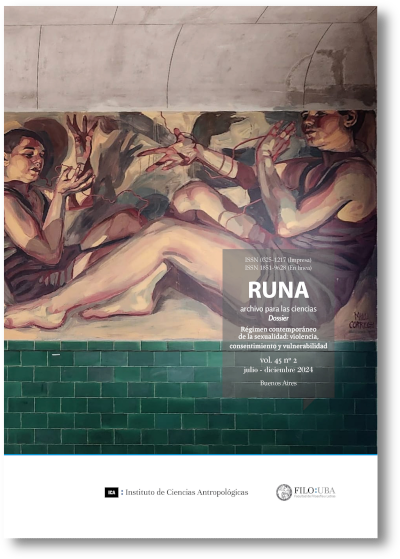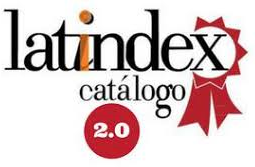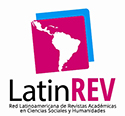Age Otherness
(Anthropology and queer theory against the temporal frames of the human)
Abstract
The aim of this theoretical reflection and bibliographical analysis is to study the way in which Western societies have created otherness in its age dimension. Based on queer studies and a review of the notion of temporal otherness developed by the anthropologist Johannes Fabian, it explores the hypothesis that the notion of cumulative time has standardised the stages of life at the service of capital productivity, granting a monopoly of the present to a single group −the adult- and displacing old age into the past and childhood into the future, denying its current existence and forging temporal frameworks that define what it is to be human. The work closes with a call for the age democratisation of the present and a question about the invention of a different vital time in which we do not need to measure the years of a body to recognise it as as a full human being and an equal.Downloads
Copyright (c) 2024 Paüla Nurit Shabel

This work is licensed under a Creative Commons Attribution 4.0 International License.

Runa, archivos para las ciencias is a publication of the Instituto de Ciencias Antropológicas, Facultad de Filosofía y Letras, Universidad de Buenos Aires and is distributed under a Creative Commons Attribution 4.0 International License.
Runa maintains its commitment to the policies of Open Access to scientific information, considering that both scientific publications and publicly funded research should circulate on the Internet freely, free of charge and without restrictions.
The contents and opinions expressed in published articles are the sole responsibility of their authors.



















